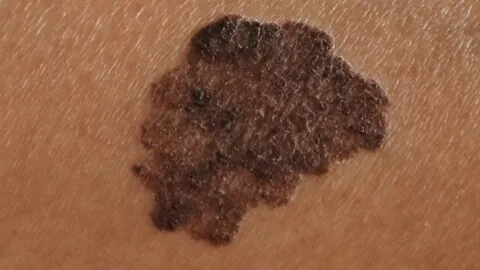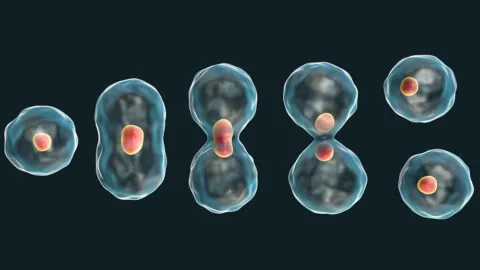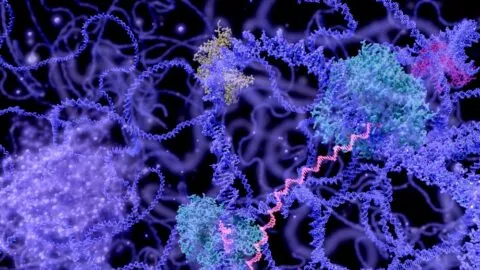December 04, 2025
In Nature Aging, researchers have published their finding that targeting urokinase plasminogen activator receptor (uPAR), a senescence-associated protein, restores gut function in mice. One way the gut lining ages Of all the tissues in the human body, the intestinal epithelium, which lines the gut, replaces its cells most quickly [1]. This self-renewal diminishes with aging...
November 28, 2025
Scientists have discovered that a cytotoxic subtype of CD4 T cells, which is enriched in old people, helps control cellular senescence. This hints at a new type of anti-senescence strategy but also suggests that an immune system can be “overly youthful.” When generals become fighters CD4 T cells usually behave as “generals”, directing immune attacks...
November 20, 2025
Researchers publishing in Aging Cell have documented a key reason why older people are much more likely to get melanoma. Why older people have significantly worse melanoma cases While melanoma is much more treatable now than in the past, it still remains a serious danger. Melanoma can develop resistance to otherwise effective techniques [1], meaning...
November 10, 2025
Researchers have discovered that butyrate, a short-chain fatty acid with well-documented gut benefits, fights senescence in T cells. Immune senescence drives inflammaging Cellular SenescenceAs your body ages, more of your cells become senescent. Senescent cells do not divide or support the tissues of which they are part; instead, they emit potentially harmful chemical signals, collectively...
October 01, 2025
A recent study reported that the effectiveness of the senotherapeutic drug ABT-263 depends on the cell’s DNA content, which is based on the cell cycle phase at which the senescent cell was arrested [1]. A personalized approach Cellular SenescenceAs your body ages, more of your cells become senescent. Senescent cells do not divide or support...
August 28, 2025
In Aging Cell, researchers have reported that chromatin demethylation allows SASP compounds to be more easily expressed. Chromatin and gene expression Cellular SenescenceAs your body ages, more of your cells become senescent. Senescent cells do not divide or support the tissues of which they are part; instead, they emit potentially harmful chemical signals, collectively known...






